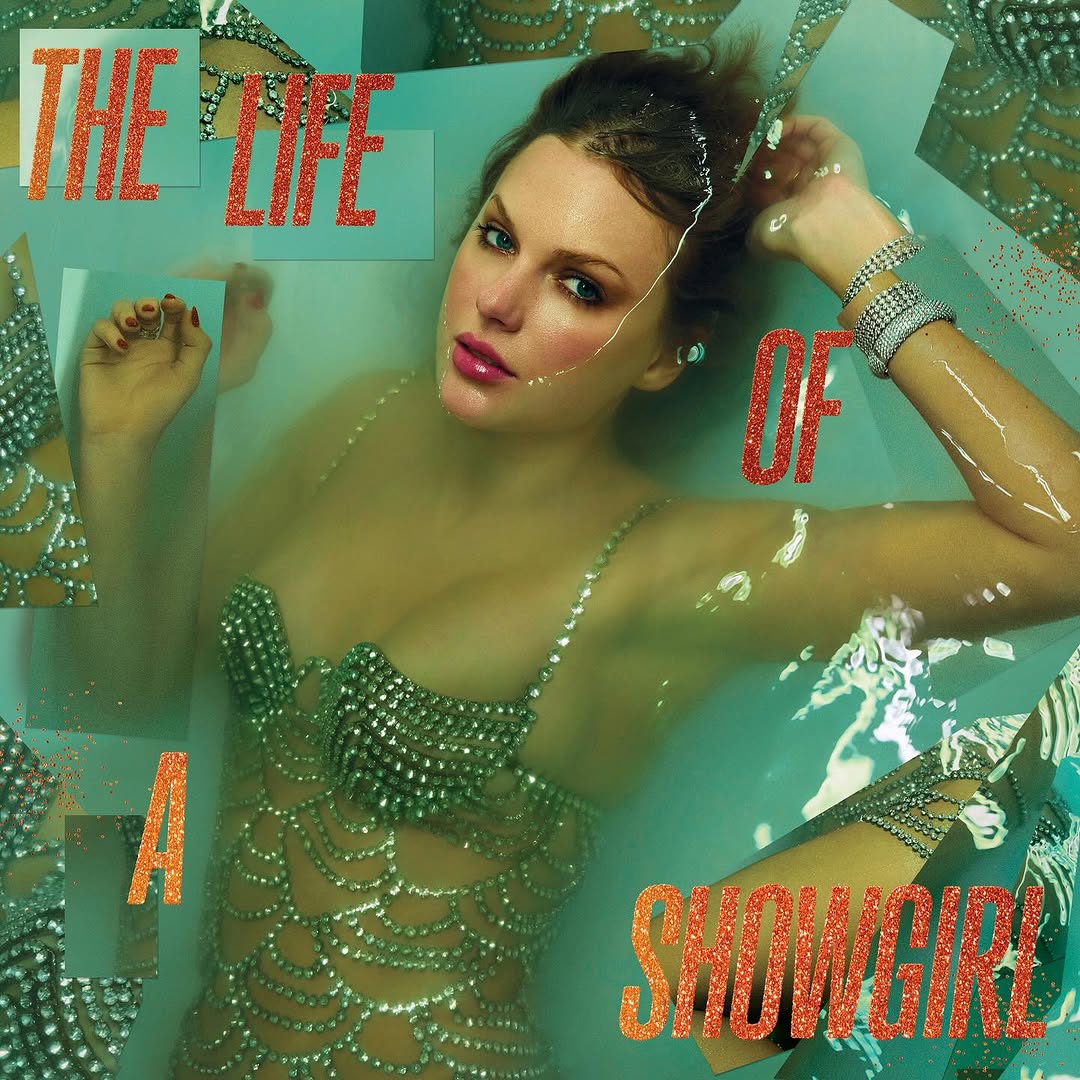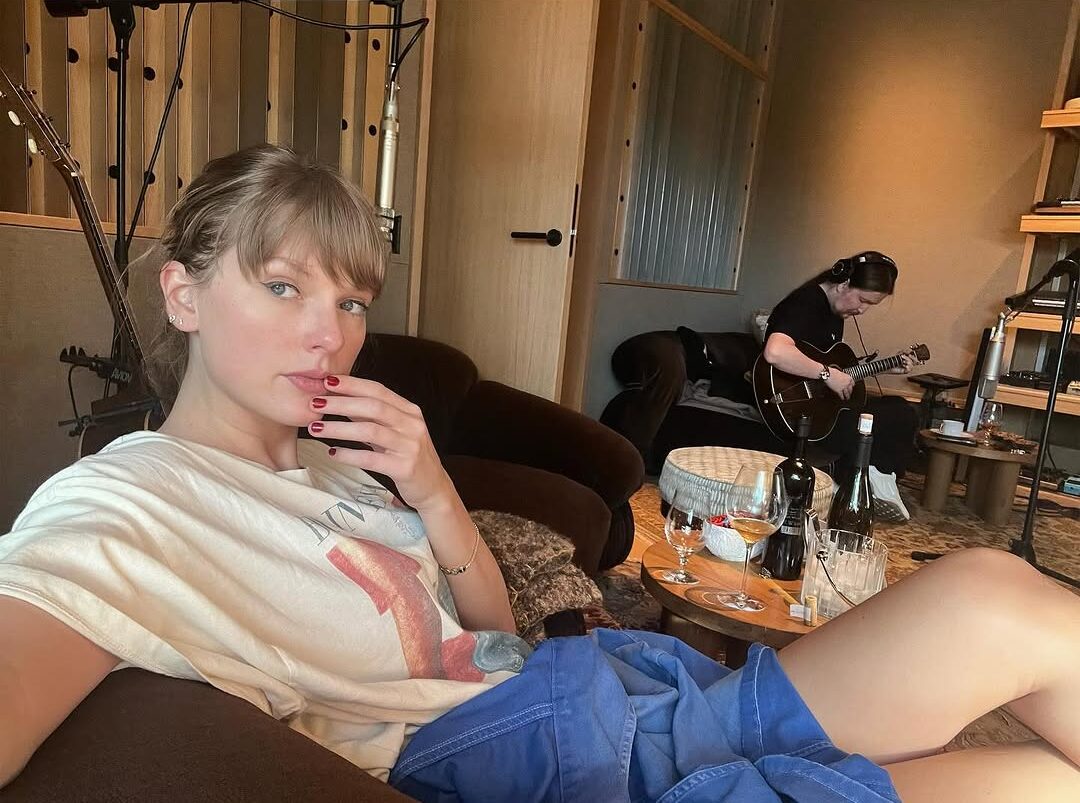Somewhere along the way, Taylor Swift told an entire generation of women they don’t need a man. She began her career with hopeful love songs — the kind that believed in happy endings — and then, like much of culture, pivoted. Her music shifted from soft romanticism to the soundtrack of grievance: albums about how she’d be more famous if she were a man, how her exes were villains, and how girl power was the supreme virtue.
This past week, Swift released The Life of a Showgirl, right after getting engaged to the man she plans to spend her life with. The tone is completely different. She’s writing lyrics like, “When I said I don’t believe in marriage, that was a lie,” and “I just want you, have a couple kids, got the whole block looking like you.” It’s a love letter to commitment — to home, family, and peace. She even draws from Shakespeare’s Hamlet, styling herself as Ophelia, only this time rewriting her fate: she doesn’t drown. She chooses to live.

It’s not that Swift never wrote about love before. But her previous “romantic” eras were laced with self-focus and politics — songs like “ME!” and “You Need to Calm Down” — the latter a not-so-subtle anti-Trump anthem. Even when she sang about love, it was filtered through control, independence, and self-image. Her song “Peace” confessed, “Would it be enough if I could never give you peace?” But on this new record, we hear something we have never heard: humility. Reverence. A woman who finally sounds at peace with wanting traditional things.
Taylor Swift is brilliant at marketing, and much of her career is predicated on existing culture, but the responsibility of leaning into this is enormous. She is a large part of the culture that made her the feminist prophet of a generation. Artists evolve, yes — but for years, her message helped steer millions of women toward isolation and resentment disguised as empowerment. Many of those women are now in their 30s, wondering why “doing it all” feels so empty. They were told independence was freedom — when in reality, it often became loneliness. And now, Taylor Swift, of all people, seems to be quietly confessing that she wanted what they were told not to: true, lasting love.
The big Millennial lie is that you cannot “have it all” as a woman, as reflected in Swift’s songs. I recently gave an interview to a large outlet about the so-called “trad-wife” movement in culture. I was asked what it meant, how I balanced aspects of my own life, how I could have a career while advocating for traditional gender roles, whether I thought marriage and kids got in the way of that career (spoiler: they do not), why I think seemingly arbitrary acts, like making dinner for your significant other despite busy schedules, are vital to building a home to return to, and why I believe women can, in fact, have it all.
The women misled by the feminist movement are either utterly fascinated, harshly critical, or both, about the choices women make to pursue happiness, the conservative push to get married and have children, often calling it archaic or misogynistic. Yet, most women I know, of all opinions and creeds, consider the most attractive thing a man can do is to have the desire and leadership to marry you, raise children with you, and grow old with you.

Taylor Swift is at the absolute height of her career: the biggest tour in history, a record-breaking concert film, TIME’s Person of the Year, and a self-made billionaire. With all of those accolades to her name and arguably the most successful period of her career, what was her highest priority this past year? Showing up for her boyfriend’s football games. To the outrage of sports fans and the surprise of feminists — she’s choosing love. And rightly so.
With all the freedom and resources in the world, Swift is choosing what matters most — a life of family and stability, not perpetual self-worship. She’s led a generation to cat-lady level acceptance of loneliness, but she herself is choosing a home at the end of a cul-de-sac, a basketball hoop in the driveway, and kids who look like both of them. In all fairness to her, it seems she is also struck at how she’s changed from finding someone she truly loves, noting in an October 6th interview on SiriusXM that she had captioned a July 4th post with the caption “independent girlies” and saying, “how deranged is that post?” as all of the women in the photo found love shortly after, notably Swift, who met Travis four days after.
This raises the question – maybe those who are so angry about love and domesticity just haven’t found it yet?
The left, naturally, is calling this album a departure from the Swift they know and love, with one online account even posting that she sounds like a “whiny white Republican” now, surrounded by conservatives. Politically speaking, I’m glad this person associates family and good values with a particular party. Yet, I’m saddened for society that we’ve drifted so far as to tie tangible love and happiness to one side, and perplexed that the left finds the shift to traditional values a betrayal.
Here’s the truth: finding a partner who leads and supports you, building a home together, and raising children if you’re able — those are the deepest forms of fulfillment. No amount of career success or independence can replicate the joy of belonging to someone and something bigger than yourself. Feminism robbed women of that by design. It wasn’t about freedom — it was about control. Encouraging women to leave the home and making them grateful for it was one of the most successful social engineering projects in modern history.
And now, whether she meant to or not, the architect of feminist culture herself is helping undo it.
I see this as a glimmer of hope that culture, upstream from politics, will turn even the most anti-traditionalists into believers, continuing to usher in the most conservative boom we’ve seen in decades. It is common sense to reject a culture that tells you that you will be happier alone and angry.
Thank you, Taylor Swift. You’ve just reminded a generation that the truest form of rebellion isn’t rage — it’s love, being a hopeful romantic isn’t outdated; it’s timeless, and the new punk rock is going to the farmers market and making sourdough for your family.
Alexis Wilkins is a political commentator, contributor, and recording artist whose work bridges media, policy, and cultural influence. Operating at the intersection of communications and cultural movement, Alexis has advised national organizations and political leaders on strategy, crisis management, and cultural messaging. Alexis has also played a key role in advancing initiatives such as American Border Story, which highlights the human and national security costs of America’s border crisis, is a Senior Fellow with The American Principles Project, and additionally, she serves on the board of the National Rifle Association, where she contributes to efforts aimed at modernizing outreach and expanding engagement with women, young people, and emerging audiences.


